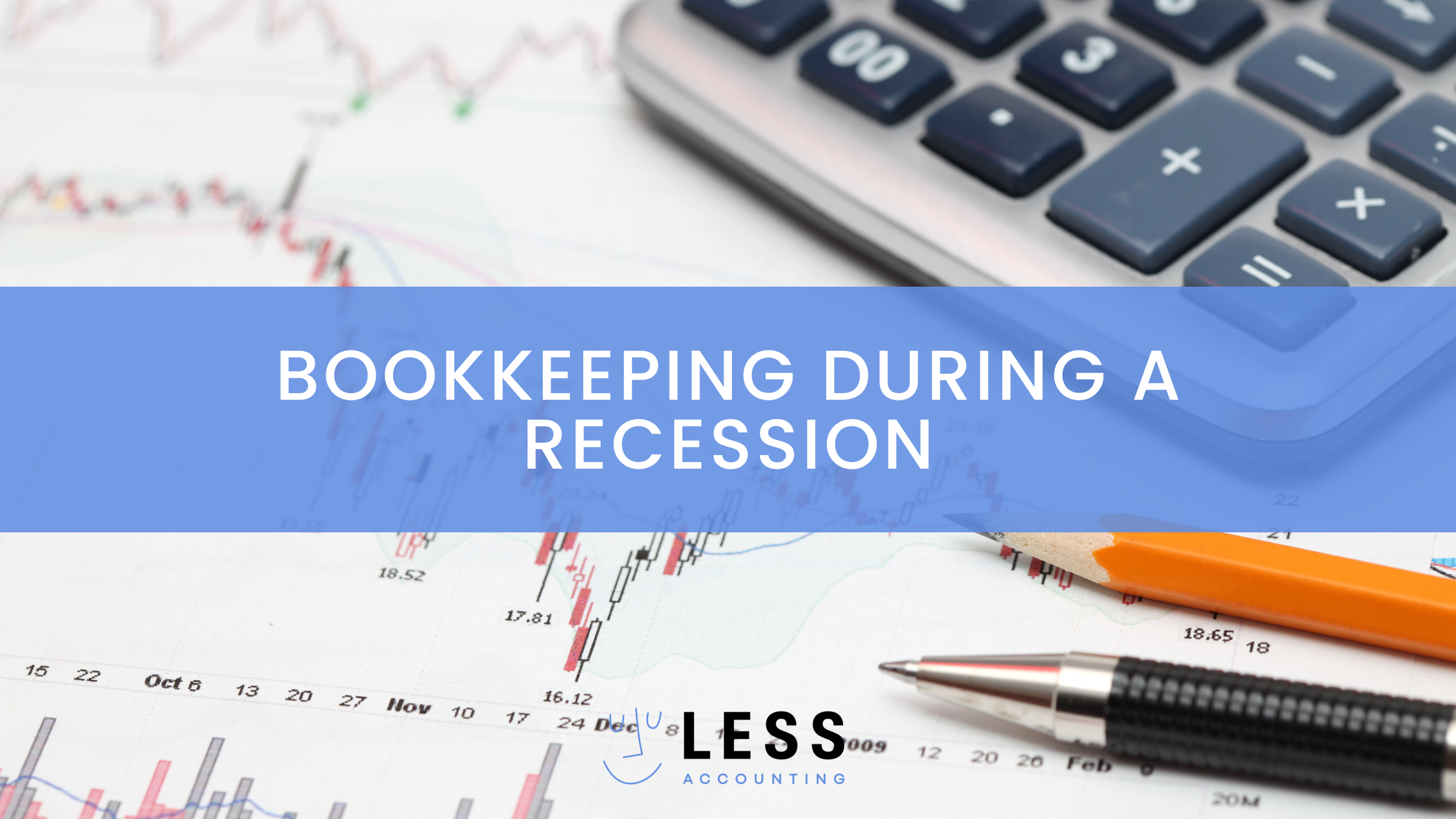The Importance of an Accounts Payable Department

Every business or organization essentially has two financial flows — revenue and expenses. You could also look at this in a more simplistic manner and define them as money coming in, and money going out.
Money coming in is, obviously, what keeps a business afloat and allows it to operate for any extended period. However, once the money comes into an organization, there needs to be a surefire way to track expenses and keep costs minimal and manageable. That’s where the accounts payable department comes into play.
What Is Accounts Payable?
Accounts payable is part of the general accounting department, and their specific mission is to manage and oversee ‘accounts being paid’ or the money flowing out of a business. Unlike marketing and sales, there’s not much action or activity that could be construed as exhilarating in this department, but that doesn’t change the fact that it’s an extremely vital part of a successful business.
As you’d expect, the efficiency of your accounts payable system directly relates to your organization’s financial stability and reputation. If your company takes too long — or is too slow — paying clients and vendors, it will reflect poorly on your brand’s reputation.
It goes the other direction too. Receivables lose value over time, especially after they are overdue. By the time many receivables are 90 days overdue or more, they are worth a mere 20 percent of their original value. It behooves you to ensure all invoices are paid and managed as early as possible.
Pivotal to the smooth operation of accounts payable is the system or software the department uses to manage finances. Even with the most talented team at your disposal, inefficiencies will not only cause problems but also affect the rest of your organization.
That’s why keeping your accounts payable department and team organized and efficient is priority number one when it comes to managing expenditures and financial performance.
Why Is Accounts Payable So Important?
Aside from the obvious point that someone has to manage money flowing out of a business, there are several reasons that an accounts payable department is necessary.
For starters, invoicing is the process by which most clients and vendors are paid by a business. Invoices come in, and someone must pay the tab. Then, the invoice must be processed and organized for appropriate storage and referencing later.
A manual invoice tracking, editing and approval process is generally slow and drawn out. It can be made much simpler and faster by implementing an automated system, thanks to advanced software tools. The average cost of processing invoices with little to no automation can be 20 times greater than the cost with high automation services deployed.
But even with an automated system, someone needs to keep an eye on regular operations to be sure things are on the up and up. Guess who handles that for the entirety of an organization? Yes, it’s the accounting department, or more specifically, the accounts payable team.
Second, the accounts payable team is the forward-facing channel for customers and clients. Anytime someone has an issue with payments, is confused about financial streams or just needs to have an invoice order filled, they will interact and engage with the accounts payable department. Think of them as the PR team for your financial interactions. You want your team to look professional to clients and potential customers, and you want the process to be smooth and efficient.
Reaching these goals means keeping a well-stocked team of experienced workers who have specific skills and knowledge of the financial operations. More importantly, they understand the ins and outs of the software and tools required and can help facilitate smooth interactions with anyone from partners to potential clients.
Accounts Payable in All Businesses
Of course, with a larger organization and business, accounts payable makes a lot of sense. What about a smaller business with fewer resources? It’s still a beneficial and necessary department for small to medium-sized companies, and there are several ways to organize and structure the department so that it works out.
In the end, there’s no way to ignore the need to have an accounts payable team in place and provide them with the appropriate software and tools to carry out their jobs. If you want your business to succeed, this is a crucial process that you cannot overlook.




